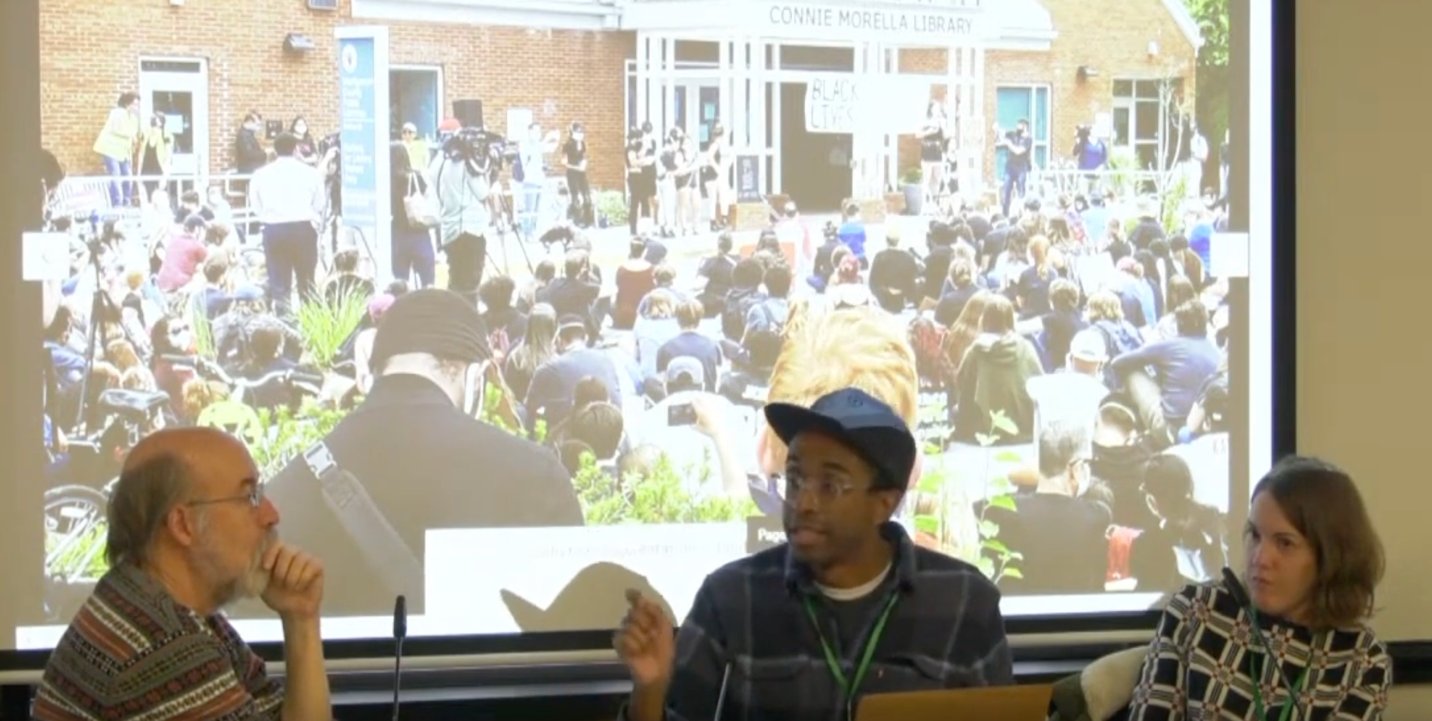This article is part of the series YIMBYtown 2022
The conversation shared below was part of the YIMBYtown 2022 conference, cohosted by Sightline Institute and Portland: Neighbors Welcome.*
Abundant housing advocates propose sweeping changes to zoning codes to hack away at segregation; education advocates have been attempting to integrate public schools for decades with a mixed record of success. Schools are the social center and bedrock of a neighborhood, and decisions about school boundaries are often as contentious as those of zoning, especially along lines of race and class.
This panel of education and housing advocates discusses the role public schools play in the future of upzoned urban neighborhoods and what YIMBYs should know as they work for housing affordability and social integration. Scott Bailey, community activist and a former member of Portland Public Schools’ (PPS) Board of Education; Courtney Westling, PPS director of government relations; and Dan Reed, writer, urban planner, and community advocate, point to the direct correlation of housing and neighborhood demographics on a school’s student makeup and enrollment numbers. Rachel Cohen, senior policy reporter with Vox, moderates the session.
Panelists talk about the challenges of changing school boundaries to diversify and right-size schools in Portland and in Montgomery County in Maryland. They also dive into the effects of gentrification and school choice on housing and schools, and they emphasize the need to include all neighbors—not just families with children—in decisions around schools, as they will ultimately affect and even shape the entire community.
Editor’s note: Due to a technical error, a portion of this session is not available. We apologize for the inconvenience.
*YIMBYtown 2022 occurred April 11–13 in Portland, Oregon, the fourth annual gathering (after some COVID delays) of “Yes in My Back Yard” (YIMBY) community leaders, organizers, planners, policymakers, educators, and housing providers eager to share resources and strategies for building more affordable, sustainable, and equitable communities.

